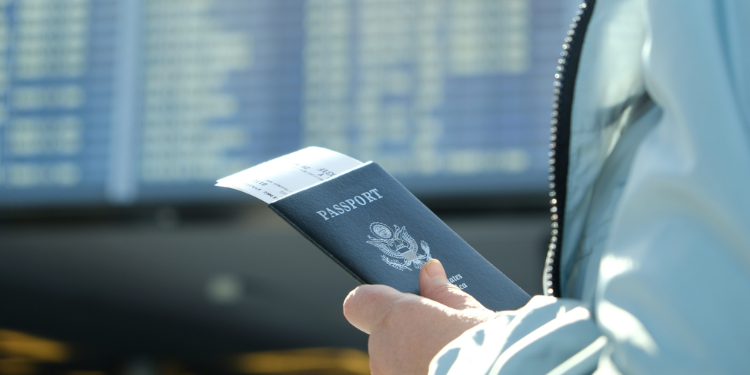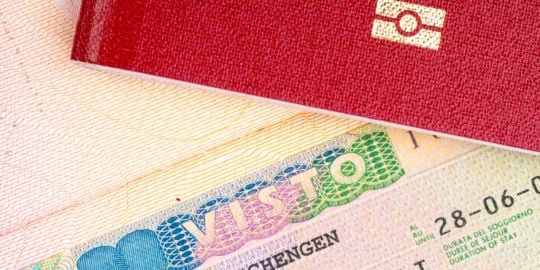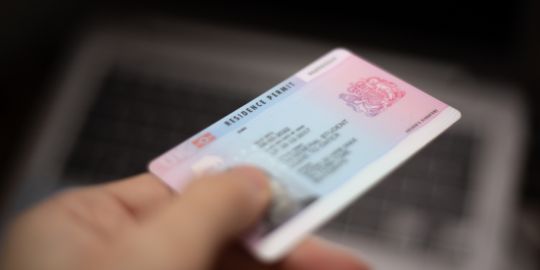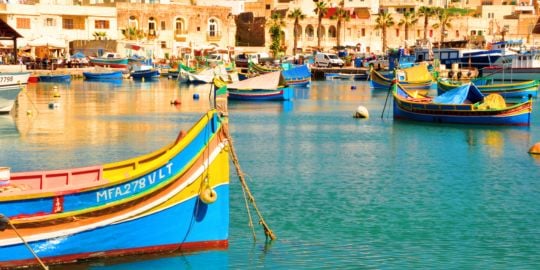Visa exemptions for Kenya: What would it mean?
"Welcome home". The President of Kenya, William Ruto, opened the first African Climate Summit, which took place from 4 to 6 September in the Capital of Kenya, Nairobi, by recalling that "Kenya is the cradle of humanity". The Summit was attended by the President of the European Commission, Ursula von der Leyen, and the United Nations Resident Coordinator in Kenya, Stephen Jackson, Special Envoy for Climate Change John Kerry and UN Secretary-General António Guterres.
In his opening speech, President Ruto, who also holds a doctorate in plant ecology, reminded the audience that it was from here that humans began to travel the world freely. The Kenyan President intends to reintroduce that freedom by abolishing the visa requirement for all foreign travelers. Currently, citizens of Ghana, Singapore, Jamaica, Cyprus, the Bahamas, Barbados and South Africa do not need a visa to travel to Kenya. This summer, Kenya signed agreements with new countries: Senegal, Indonesia, Comoros and the Republic of Congo.
In May, President Ruto spoke of abolishing the visa requirement for citizens of African Union (AU) member countries. In July, President Ruto spoke of visa exemption for African citizens in conjunction with the 5th biannual coordination meeting between the African Union (held in Nairobi). His announcement at the African Summit is, therefore, a continuity of his vision. It is "unfair to ask for a visa from anyone returning home", says President Ruto, who is seriously considering visa exemptions for all travelers, regardless of their nationality.
A liberal approach threatened by inequality
The Henley Passport Index, which ranks visa-free destinations, highlights the inequalities between countries. The most liberal countries are those with the most visa exemptions. On the other hand, the strictest countries allow few visa exemptions. In 2023, Singapore ranks first, with 192 destinations accessible without a visa. With 190 destinations, Germany, Italy and Spain rank 2nd. Austria, Finland, France, Japan, Luxembourg, South Korea and Sweden are 3rd, with 189 visa-free destinations. Meanwhile, Syria, Iraq and Afghanistan rank 102, 103 and 104, respectively, with 30, 29 and 27 destinations accessible without a visa.
But the report also points to inequalities in bilateral agreements. To resolve this problem, President Ruto undertook his summer tour to sign visa exemption agreements with other African countries. Defending and improving freedom of movement for African citizens within Africa is also at the heart of the African Union's strategy. The 2021 Report on the introduction of visa policies in Africa highlights the link between freedom of movement and economic development.
Opting for a more liberal visa policy would also be a way of combating inequality. However, the Henley Passport Index reports that the southern countries are often more excluded from bilateral agreements. According to the study, this inequality contributes to a widening of North/South inequalities, with large areas excluded from the freedom of movement.
What is expected to change
Should Kenya's initiative be extended to the rest of the world? Other powers have not chosen this option. The European Union (EU) is strengthening its external borders to "safeguard Europe's security" and "protect the principle of the freedom of movement" within its borders. The EU has updated its visa information system (in 2021) to simplify granting short-stay visas. The European Travel Information and Authorisation System (ETIAS) is also helping to streamline procedures for entering and leaving European territory.
But while all 27 European countries are authorized to issue Schengen visas, not all have the same flexibility. Iceland is the most liberal country. According to data from SchengenVisaInfo, only 146 visa applications were refused in 2022, out of 7,715 applications, i.e., 1.9% refusals. This means that almost 100% of visas were granted. Lithuania comes 2nd (7.8% refusal rate). Latvia is 3rd (9.5% refusal rate), only ahead of Slovakia, tied with Finland. This is partly explained by these countries being among the least popular for visa applications.
Conversely, Malta, Sweden, Belgium, France and Norway receive far more applications, ranging from 22,275 (Malta) to just over 170,000 (Belgium). France tops the list with 1,918,515 visa applications. Refusal rates rose to 35.5% for Malta, 28.4% for Sweden, 27.1% for Belgium, 21.3% for France and 20.3% for Norway.
Visa applications: A diplomatic affair
Inequalities often depend on the nationality of applicants. Politics is always close, and diplomatic disputes between two states have a negative impact on travelers. According to SchengenVisaInfo, in 2022, France rejected 48.2% of visa applications from Algerian citizens. This was due to a government decision in September 2021 to halve the number of visas granted to Algerian, Moroccan and Tunisian citizens. This decision was taken in response to the tensions surrounding obligations to leave French territory (OQTF). France has criticized the 3 countries mentioned for their slowness in issuing travel passes, and documents needed to enforce OQTFs. This shows that most countries are still a long way from the visa-free model advocated by Kenya.
















